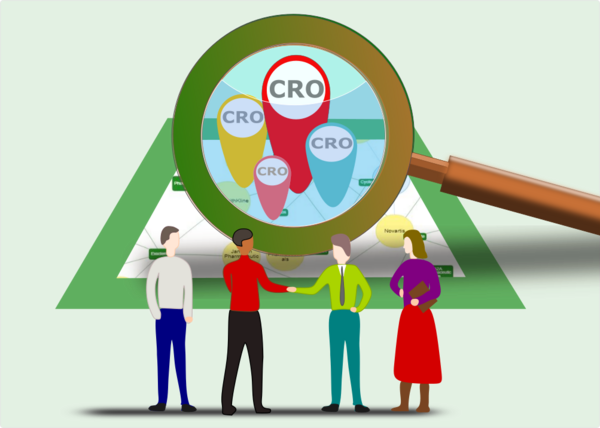Contract Research Organizations Tap Into AI To Increase Value Proposition
A few decades ago, pharmaceutical giants did most of the discovery work in-house, along with every other work necessary to get a drug or medical device to market. Nowadays, nearly any type of R&D or regulatory filing work that a drug maker or a medical-device producer needs to do -- from pre-clinical development to running clinical trials and go-to-market activities -- can be outsourced to CROs, and often it is the case.
According to a report by Kalorama Information, a market-research publisher in Rockville, Maryland, more than one-third of all global drug-discovery research will be outsourced to CROs by 2021.
In the wake of "the artificial intelligence (AI)-revolution" in the pharmaceutical and healthcare industries, CROs are tapping into various AI technologies to further cement their position in the global pharmaceutical R&D market -- in some instances competing for expertise and talent even with the leading drug makers.
Findings published by Deep Pharma Intelligence, a pharmaceutical industry think-tank in London, United Kingdom, in their report "AI for Drug Discovery, Biomarker Development and Advanced R&D Landscape Overview 2020" reveal that some of the leading CROs are actively adopting various artificial intelligence (AI) technologies, including machine learning (ML), deep learning (DL), and natural language processing (NLP) in their research workflows -- via building in-house platforms, or partnering with AI-vendors and AI-focused biotech startups.
Since the overwhelming majority of CROs are involved in clinical-stage projects, most AI-involving projects are primarily dealing with such use cases as patient recruitment for clinical trials, clinical trial management and result modeling, and patient stratification. However, notable areas of AI application include early drug discovery, preclinical development, and pharmacovigilance.
Topics: Contract Research



